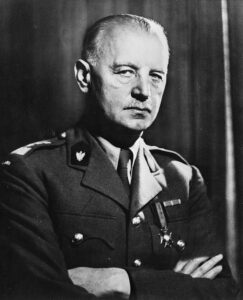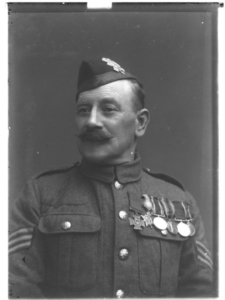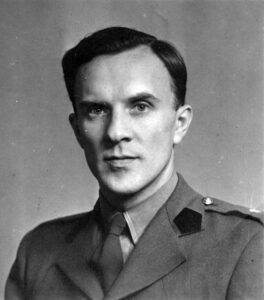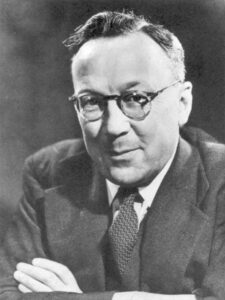Conflict
Being a strategically important centre, St Andrews town has witnessed many centuries of conflict. From religious wars to Scottish Wars of Independence and world wars, St Andrews has seen it all. Discover our stories and influential people that played a massive role in shaping the world today.
After reading the information below, use our conflict quiz to see what you can remember.




